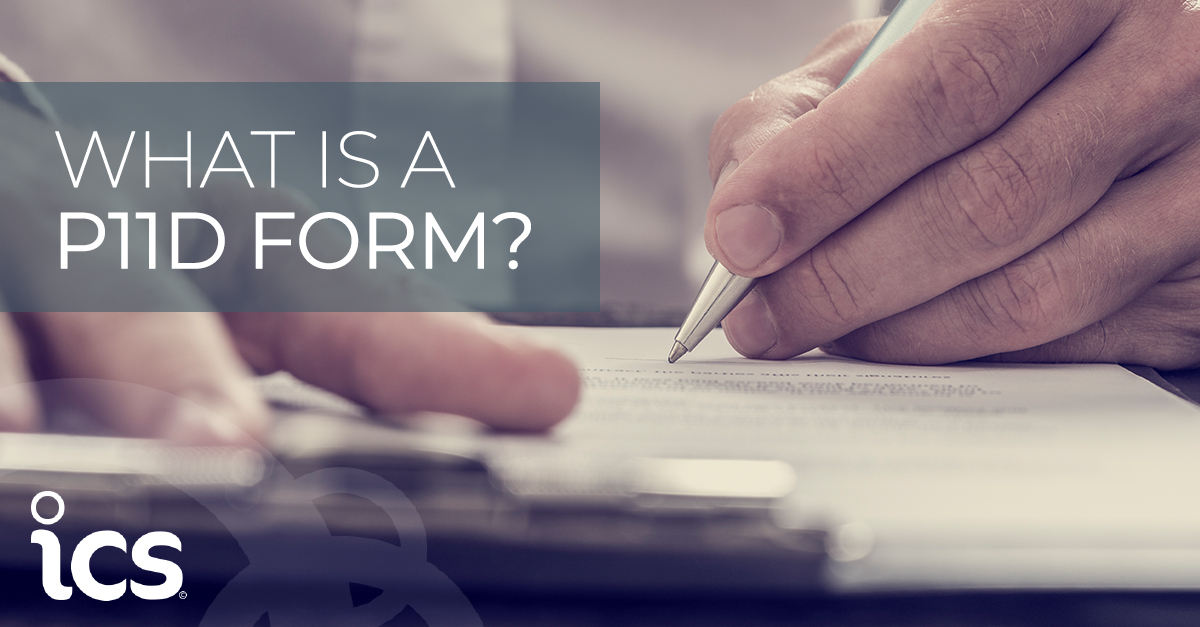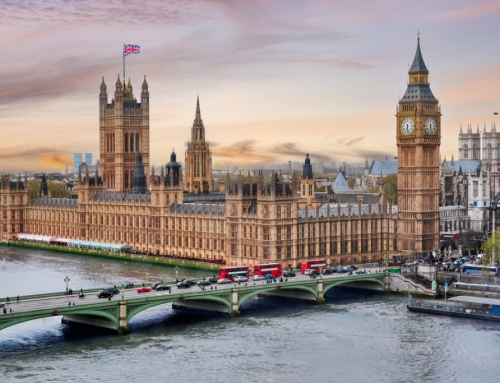
What is a P11D?
A P11D is a form used to report to HMRC any benefits in kind or expenses that your company has paid to employees and directors, if those benefits or expenses have not been subject to PAYE. Expenses included on the P11d will not have been processed through your payroll. In order for expenses to be processed via payroll, your employer must register with HMRC.
Typically, benefits and expenses might include interest-free season ticket loans or private healthcare, for example. You fill out one form for each employee.
If you already account for all of the expenses and benefits in kind paid by your company as part of PAYE then you won’t need to fill out a P11D. However, you would still need to make a declaration so you should always check.
What is a P11D(b)?
The P11D(b) is a form summarising all of the P11D forms they have submitted for individual employees.
Who is responsible for filing a P11D and P11D(b)?
The employing company is required to file the P11D form and P11D(b) form with HMRC, not the employee. If you’re a freelancer or contractor, though, you might need to file this yourself.
What should I include on a P11D?
You need to report all expenses and benefits in kind if they have not already been accounted for through PAYE.
Examples of such expenses and benefits are:
- Childcare vouchers
- Health insurance
- Travel expenses
- Dental insurance
- Entertainment expenses
- Life insurance
- Director’s loans
- Travel insurance
- Personal items paid for with company cheques or credit cards
- Childcare
- Property
- Accommodation
- Training that isn’t work related
- Mileage allowance that is more than approved HMRC rates
- Goods
- Vouchers
- Fuel for cars or vans that are used for private use
- Relocation expenses
- Services provided to employees
- Assets that an employee can use in a personal capacity
- Company cars
- Calls made from home telephones
When do I need to submit the P11D?
The P11D deadline for submitting is 6 July in the year following the tax year. This is when you need to report to HMRC how much Class 1A National Insurance you owe, as well as when you need to give employees a copy of the form. You must make sure to file on time, otherwise you could be subject to penalties (see below for more information on penalties and consequences for late filing and non-payment of tax).
When do I have to pay the national insurance and tax after submitting a P11D?
The deadline for paying Class 1A National Insurance is 22 July (or 19 July if you pay by cheque). If you have a PAYE Settlement Agreement then this is slightly later, either 22 October or 19 October if you’re paying by cheque. It is always sensible to pay early, to avoid any technical issues or unexpected delays.
Any tax or Class 1 National Insurance owed can be paid monthly through payroll.
What if I don’t have any taxable expenses or benefits in kind?
If you don’t think you owe any extra tax or national insurance to HMRC then you still need to send them a note of that. You do so by completing a declaration.
Are there any exemptions?
Yes, if you are paying employees a flat rate as part of their earnings, or paying back the employee’s actual costs, then you don’t need to report certain routine business expenses and benefits such as:
- Business travel
- Phone bills
- Business entertainment expenses
- Uniform for work
- Tools for work
Paying a flat rate is quite unusual, and not something you can easily just set up. You should always speak to a payroll specialist to make sure you’re doing it properly.
You still need to deduct and pay tax on these, but you just report to HMRC as normal.
What happens if I file my P11D late?
If you file your P11D late, HMRC can charge a penalty. For example, they can charge you £100 per 50 employees for each month or part of the month for which your P11D is later.
On top of that, HMRC can charge penalties and interest for late payment of tax and national insurance.
How can I prepare for filing my P11D?
The easiest way to meet HMRC’s filing requirements is to seek assistance from a professional, who can guide you in the requirements and the process and help you to avoid any unnecessary fines and penalties. However, to make that more efficient you can make sure to prepare by keeping a detailed record of:
- details for each expense or benefit
- the date of each expense or benefit
- receipts and transaction records
- bills
- authorisation emails
- information needed to work out amounts to put on the end of year forms (such as when benefits begin and end)
- contributions made by employees or directors towards their own benefits
- communications with HMRC
You should keep your records for three years, in case there are any future questions or investigations into your calculations and payments.
Filing a P11D is a routine part of any business reporting routine, but it’s important to get it right. Make sure your records are in order and speak to a professional to make sure you do it properly.
ICS Accounting are expert accountants with extensive experience within the contractor market. For more information on childcare schemes, as well as any accounting or taxation matters, please contact our New Business team on newbusiness@icsuk.com or call 0800 195 3750.


















